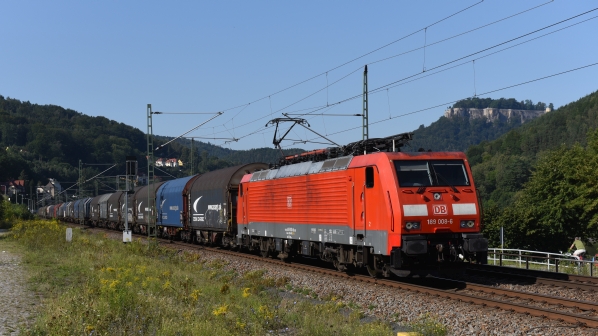The new line, which will form part of the European Union’s Ten-T network, will offer a faster, more direct connection between Prague, Dresden and Berlin. The current Prague - Dresden journey time will be reduced from 2h 15min to 1 hour, while the Prague - Berlin travel time will be cut from 4h 30min to 2h 3min.
A new line between Heidenau, south of Dresden, and Ústí nad Labem in the Czech Republic will form the core of the project, requiring a cross-border tunnel under the Erzgebirge Mountains that will be at least 25km long.
The new line will also enhance freight capacity on the most important rail border crossing between the two countries.
The present route through the scenic Elbe valley is congested, with the increasing number of trains creating excessive noise pollution. The number of freight trains operating daily through the Elbe valley is expected to double by 2030 compared with 2010.
The agreement was signed on March 2 by the parliamentary secretary of state at the German Federal Ministry of Transport, Mr Enak Ferlemann, Czech Ministry of Transport manager for European affairs, Mr Michal Fridrich, German state of Saxony president, Mr Michael Kretschmer, DB Network CEO, Mr Ronald Pofalla, and Czech infrastructure manager Správa Želecnic (SŽ) CEO, Mr Jiři Svoboda.
Seven corridors, including three so-called “full tunnel variants”, are being examined in Saxony to assess their effects on residents and the environment. This process is expected to be completed in the summer.
At the same time, the German-Czech project team will draw up a tender for the planning of the Erzgebirge tunnel in the coming weeks.
For detailed information on high speed projects around the world, subscribe to IRJ Pro.

